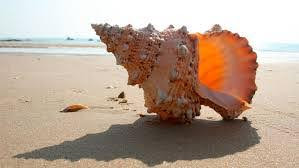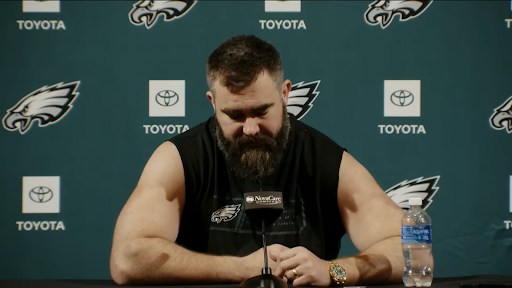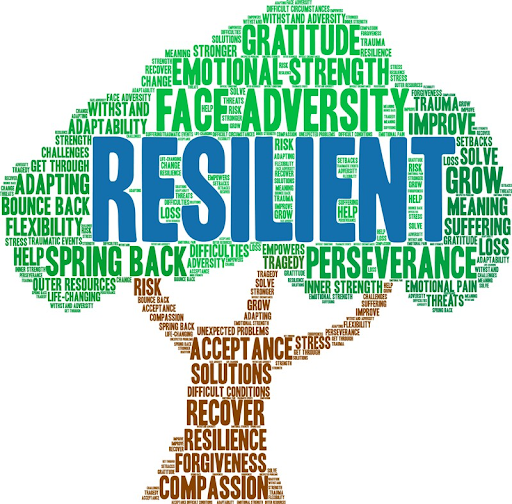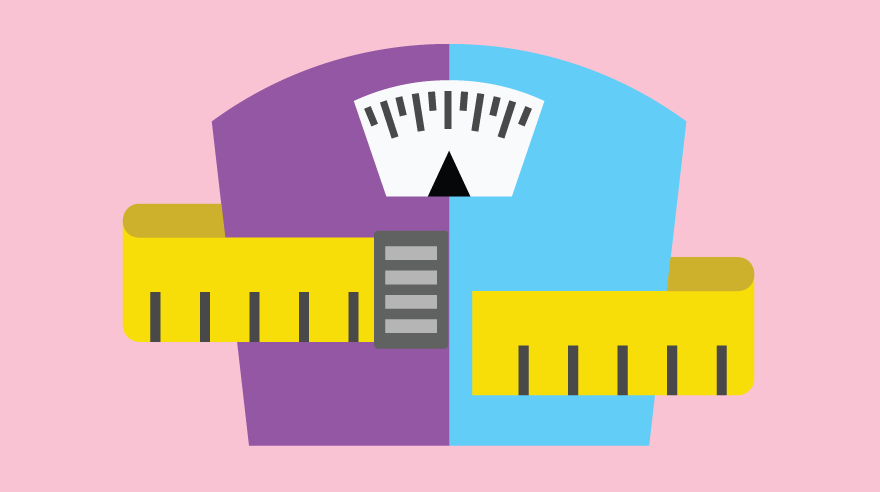I’ve never been a fan of exercising. The idea of sweating, being out of breath, and the pain I associated with it always prevented me from working out, but there were no such obstacles when it came to food. Unsurprisingly, my love of eating and hatred of exercise caused my weight to skyrocket in middle school. While I was never considered overweight by American standards, my family was not shy about telling me that I needed to lose weight. Contrary to what you might think, they were not intentionally trying to body-shame me, as Asian culture agrees on “thinner is better,” and from my experience, Chinese people are just more blunt when it comes to someone’s weight. Frequent comments I heard from my relatives included “Wow! You got so chubby,” “You really should go on a diet,” and my favorite, “Stop eating so much, don’t you want to lose weight?” With the cultural barrier, they didn’t really know how damaging those words were to an American born child like me, nor did I ever show how much their opinion of me affected my self-confidence.
I became enamored with the idea of being “skinny,” but I still hated exercise at that point, so I resorted to my only other option–cutting calories. It began with not eating processed foods such as pizza, ice cream, chips, and cake; which then evolved into cutting out entire food groups. In my mind, I was being “healthy,” but at my worst, I was only eating a piece of fruit for lunch and dinner while eating as little as I could without arousing suspicion from my family at dinner. This behavior was addicting. How could it not be when I was receiving praise for “looking so much better.” Yet even at my thinnest, I still hated myself. At times my body image would be so bad that I couldn’t even look in the mirror because I was ashamed at what I would see. Eventually, I grew tired of feeling like that all the time. No matter how much I tried to restrict my diet, I would never be able to obtain the image of the ideal body that I had created in my mind. So, one day I finally allowed myself to indulge in the foods that I thought would make me fat. But I didn’t just have one cookie or even one cookie with a slice of pizza—I binged. I couldn’t stop telling myself that “I ruined everything,” and my emotional state became even worse when my inner demons tauntingly told me: “You might as well give up and continue to eat like the fat pig you are.” And so that day turned into recurring episodes of eating enormous quantities of food to the point where it physically hurt to continue. This is known as binge eating disorder–a serious, although treatable eating disorder that is eerily similar to the viral internet phenomenon of mukbangs.

The word “mukbang” derives from the Korean phrase “muk-ja” which means “let’s eat” and “bang song” which means “to broadcast.” Viewers considered it fun to watch creators eat food and talk to their followers about their lives. For the broadcasters, it was more about the feeling of having company while eating, rather than attracting an audience through filming over-the-top, sensationalized eating challenges. These kinds of videos can often be found on fitness channels where creators do this to prove to the public that they don’t have an eating disorder, which in my opinion is quite strange because it does the opposite. Unless you’re Usain Bolt or Michael Phelps, there is no need to consume up to 10,000+ calories in a single sitting, and those calories definitely do not need to come from processed foods that are popular for mukbangs. Not only are Youtubers most likely blowing past their fullness cues, they compensate for the large amount of food they consume through extreme caloric restriction, over-exercising, and even purging. I want to clarify that this is what I assume based off of personal experience, but when you really think about it, how else are “mukbangers” going to maintain a “healthy appearance” unless they offset their caloric intake through one of the following measures I just mentioned?
I don’t understand why people find it engaging to watch people partake in a behavior that is dangerous, disorderly, and triggering. These kinds of videos scream disordered eating habits, normalize binge eating, and fuel other peoples’ ability to restrict “bad foods.” You will often find comments that say “watching this because I can’t eat it,” and as someone who used to do the same thing, it is incredibly disturbing to see that an eating disorder continues to be glamorized by the media for the sole purpose of entertainment.
If you or someone you know is struggling with an eating disorder, you are not alone and help is a phone call or email away.
National Eating Disorder Association (NEDA)
- http://www.nationaleatingdisorders.org
- Helpline: 1-800-931-2237 (Confidential)
The Renfrew Center
- http://www.renfrewcenter.com
- 1-800-RENFREW
Links to educational material around disordered eating and body image:
- Healthy Eating and Body Respect Quizzes: Renfrew Center: http://www.renfrew.contextdevel.com/resources/educational-materials/quizzes
- Learning Basics about Eating Disorders and Body Image Issues Brochure: Renfrew Center:http://www.renfrew.contextdevel.com/sites/default/files/LearningTheBasics_AnIntrotoED.pdf
- Educational Videos: Renfrew Center: http://www.renfrew.contextdevel.com/resources/educational-materials/videos
- Educational Booklist: Renfrew Center: http://www.renfrew.contextdevel.com/sites/default/files/2011%20BOOKLIST.pdf
Additional Resources: Recommended by the Renfrew Center: http://www.renfrew.contextdevel.com/resources/additional-resources





































